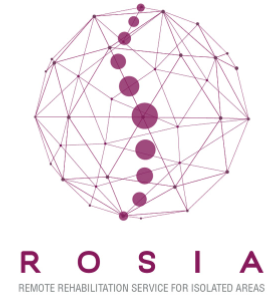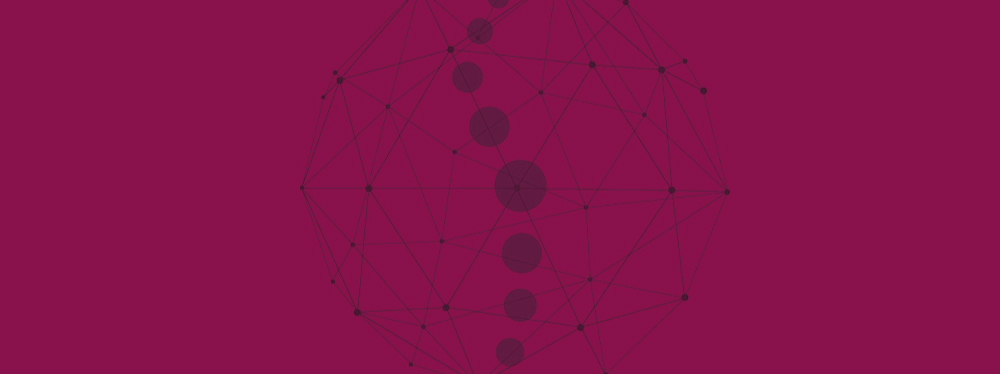ROSIA
Remote rehabilitation service for isolated areas
Challenge
Some pathologies like stroke, heart attack, COVID-19 or hip-replacement, may have a dramatic impact in the people health and well-being. Rehabilitation has the potential to reduce, and even reverse these impacts. However, it is a long, intensive in clinical resources, and painful process. Rehabilitation is already insufficiently used, and the ageing population is increasing, its demand.
Remote areas in some European regions face depopulation. It increases the need of age-related care, and that includes rehabilitation, while resources keep limited and inconveniences of traveling makes the treatment painful and even unfeasible. ROSIA includes specialized partners in: integrated care, data management and open platforms,value-based health, patient experience, PCP, coordination and dissemination.
Solution
ROSIA proposes to generate a flexible and scalable value-based model of care, organized around self-management, or selfcare of rehabilitation at home, designed from a tailored integrated care model which optimizes the quality of care and the use of clinical resources. Also a strong implication of the community is needed.
This model of care is extensive in its use of technology:
i. disruptive solutions at home;
ii. data driven interventions;
iii. an open platform for third party solutions that integrates timely and effective communication.
Objectives, Activities and Results expected / achieved
Expected Objectives:
• State-of-the-art analysis;
• Co-creation and co-design with end users;
• Collaboration in the development of the ROSIA model;
• Collaboration in the installation of the solution in the field.

Project Reference
Grant Agreement No 101017606Funding

Intervention Region
Spain, Ireland, Portugal, Netherlands and DenmarkTotal Investment
5.520.871,75IPN Investment
115.406,25Total Eligible
5.520.871,75IPN Eligible
115.406,25EC Funding – Total
4.968.784,59EC Funding – IPN
103.865,63Duration
54 MonthsStart Date
2021-01-01End Date
2025-06-30Approval Date
2020-10-15Consortium
Instituto Aragones de Ciencias de la SaludServicio Aragones de la Salud
National Rehabilitation Hospital
Centro Hospitalar e Universitario de Coimbra E.P.E.
El Sitio de Valdelatarra SL
Stichting International Foundationfor Integrated Care
The Decision Group
Instituto para la Experiencia del Paciente SL
PPCN.XYS APS
Município de Penela
Município de Soure
Instituto Pedro Nunes
Partners
Website
https://rosia-pcp.eu/Keywords
Telerehabilitation;Community Interventions;
Co-creation;
Open Platforms;
Open Market Consultation;
Remote Areas;
Public Procurement of Innovation;
Value-based care;
Self-Management;
Patient Experience;
Behavior Change;
Innovation Ecosystem.





